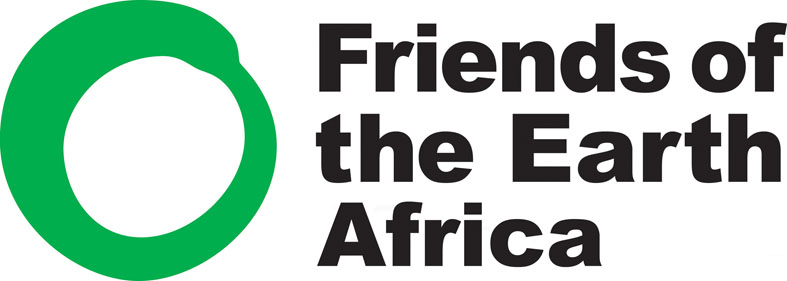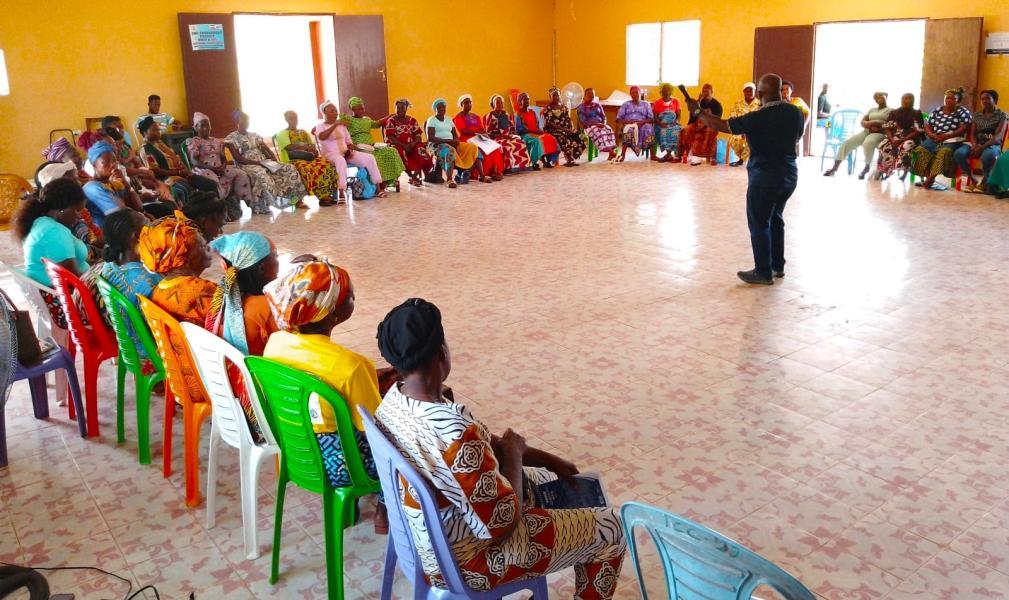
by FoE Africa | Mar 1, 2024 | Uncategorised
Members of the Western Region Women Network Association (WERWONA) Tuesday, December 5, 2023, celebrated one year of robust advocacy since their establishment by the Sustainable Development Institute (SDI) under the Green Livelihoods Alliance (GLA 2.0) Forest for a just future program.
Established formally a year ago, WERWONA is a conglomeration of over sixty women organizations from Gbarpolu, Bomi, and Grand Cape Mount counties with the overall objective of ensuring women, young girls, and children in the region’s rights are respected and issues affecting them are resolved more holistically.
The celebration was done by organizing a two-day regional annual learning and experience sharing events with women groups engaged in land and human rights advocacy in Tubmanburg, Bomi County from December 4-5, 2023 under the theme: increasing women’s voices through information sharing.
Since its establishment, the organization has prided itself on several achievements over its one year. Noticeable of its achievements are: formal recognition of the organization by the national government, local county officials, and international partners; strong social cohesion and strengthened relationships within member organizations within WERWONA; legalization of the organization through the completion of its articles of incorporation, business registration, and bank account respectively.
Despite these achievements, WERWONA believes there is a huge gap regarding women and young girls’ participation in decision-making on land and other natural resources issues in the region.
The annual meeting was attended by local county authorities, and women from the various counties in the region, among others.
Speaking at the gathering, Madam Mary G. Varney, Rural Women President of Bomi County said “Let’s put our feet on the ground and know that it’s time for us to work. If you have not been working, it’s time for us to work. SDI, we say thank you for encouraging our women to come and take part in this activity.”
Daniel H. Wilson, a Social Worker at the Ministry of Gender, Children, and Social Protection based in Bomi County said “When it comes to gender, there is a huge equality gap and this session is very important. The issue of women’s rights is not one person’s business. There is a need for women to rise up and be bold. Our offices will remain open to support this women’s organization.”
Also speaking, the District Commissioner of Senjeh District, Madam Maima Free-Freeman said “We have come to say thank you to our powerful women. We need unity among women if we must hold together. We need to put aside petty jealousy. Furthermore, we need to change our attitude and speeches so we can make big things to happen. We need to stand for a cause and achieve big things as women in the western region.”
The Bomi County Coordinator of WERWONA, Madam Jereline Mambu said “Thank you for positively impacting our lives and this will go a long way in making our organization and the region powerful.”
Madam Lydia Ballah, Regional Coordinator of WERWONA recounted that “It was not easy from the very beginning, but it was worthy. But we say many thanks to the SDI for reaching us this far. We want to go national and international, elevating our activities as WERWONA. We pray that other women will join, and we will stand together as women.”
Read more here
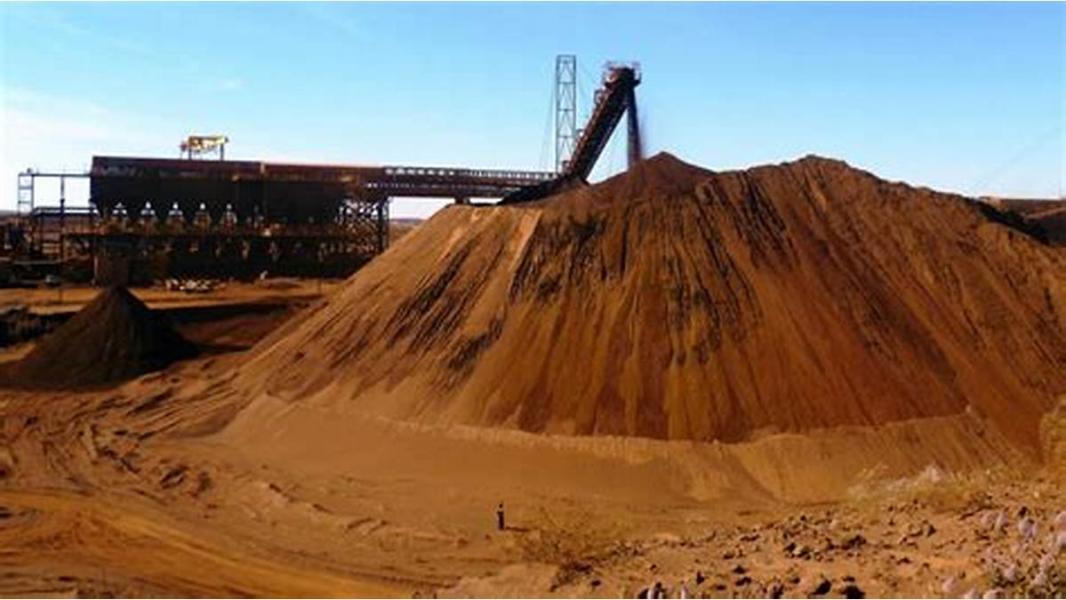
by FoE Africa | Mar 1, 2024 | Uncategorised
To document mining concessions about the protection of the environment and the rights of local communities in western Liberia, the Sustainable Development Institute (SDI) in late 2023 engaged mining communities in Grand Cape Mount and Bomi Counties on the Just Energy Transition (JET) project.
The JET is a thematic program within the Green Livelihoods Alliance (GLA 2.0) Forest for a Just Future. It connects local communities to global levels for struggles to address climate change by supporting a Just Energy Transition. It aims at addressing issues and approaches that are responsible for human rights violations, pollution, climate change, and deforestation in the current fossil energy framework, as well as prevent as many as possible similar injustices from being repeated within the Renewable Energy (RE) transition framework.
In Liberia, the SDI is promoting climate justice by collaborating with partners and allies to ensure an inclusive, Just Energy Transition in the country. The JET project is implemented in six of Liberia’s 15 counties. They include: Bomi, Gbarpolu, Grand Cape Mount, Grand Kru, Sinoe, and Maryland Counties respectively. As part of the implementation, the SDI from December 1-4, 2023 carried on a community engagement in Kinjor. In this gold mining community, Bea Mountain Mining Corporation (BMMC) operates in Grand Cape Mount County and Zelekai, a community in Bomi County where Western Clusters Liberia Limited is extracting iron ore.
Madam Angie Y. Fissibue, Lead Facilitator of the JET Project at the Sustainable Development Institute, said the overall goal of the engagements in the two counties was for women, youths, and other community members to understand the JET clearly. It was also intended to know the total number of large-scale mining concessions in the two counties and the types of minerals being manned by these concessions companies. Madam Fissibue further said the mapping was to document environmental, social, and economic impacts that are associated with the operations of these concessions and how these companies are working with the host communities in mitigating these issues.
Stakeholders considered during the engagement meetings included local leaders, women, youth leaders, and workers’ unions, among other citizens. They include Town, Clan, paramount chiefs, women and youth leaders, and commissioners, respectively.
Speaking to a cross-section of citizens during a town hall meeting, they lamented that despite the presence of these companies in their communities, they have yet to benefit from them amid environmental and other social harms associated with the operations of the companies.
“The school is not to standard and the women have to send their children to Monrovia for schooling. We want these companies to start providing livelihood activities for us, especially the youth and women. The operation of Bea Mountain Mining Corporation is affecting our communities and our resources are extracted daily from our land/forest,” the citizens said.
Kinjor and Larjor were combined during the relocation and now have an estimated population of over 17,000 due to the mining operations of BMMC. But the aggrieved citizens said “Yes, even the illicit mining we used to do, we’re not doing it again, no farming, hunting, and other activities. We’re suffering.”
Read more here
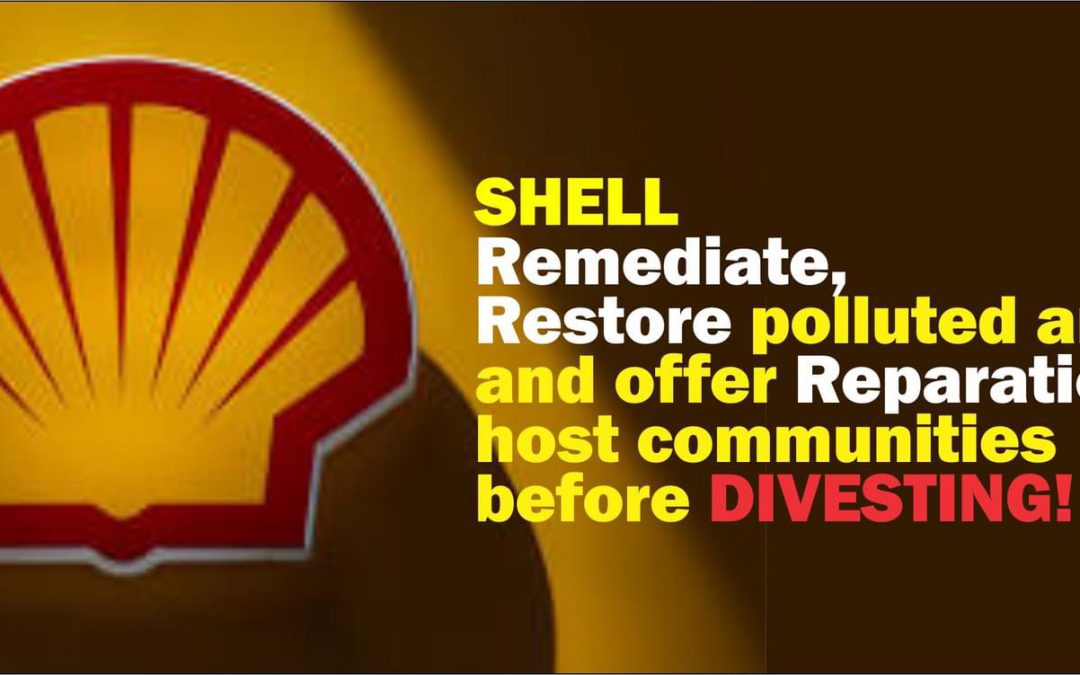
by FoE Africa | Feb 12, 2024 | Uncategorised
The Environmental Rights Action/ Friends of the Earth Nigeria (ERA/FoEN) has called on the Nigerian government to put the brakes on Shell Petroleum Development Company (SPDC) divestment plans and ensure it pays for its environmental crimes in the Niger Delta.
This demand was informed by SPDC’s plans to sell its onshore facilities to a conglomerate of five domestic oil companies.
Shell was the pioneer of Nigeria’s oil and gas exploration since the 1930s, with hundreds of oil spills traced to its operations in host communities that continue to suffer the consequences of pollution to their environment, health, and livelihood.
Executive Director of ERA/FoEN, Barr. Chima Williams faulted Shell for trying to run away from its crimes even with the uproar that has greeted its divestment plans in affected communities and among civil society organizations.
“As an organization that has tracked the activities of multinational oil companies for decades, we insist that the decision of Shell to sell off its onshore facilities to domestic companies and to remain in Nigeria to conduct its business offshore is a deliberate attempt to evade the liabilities the company has incurred over time. “
He also pointed out that Shell should not be allowed to abandon its onshore facilities to domestic companies without cleaning up the damage they have caused to the environment, and the cost to locals who have been impoverished by their business activities.
“These communities who have played host to Shell for decades have been left in abject poverty, with several degrees of damages to their health and environment, while Shell explores their resources to enrich foreign coffers. Shell should not be allowed to sell off its facilities and abandon the liabilities they owe these communities.”
Williams said it would be shameful that the Nigerian government would value its quest for revenue, over the lives and livelihoods of the common people who have suffered from the decades-long environmental pollution caused by Shell.
He called on President Bola Tinubu-led administration to ensure that Shell’s divestment plans are accompanied by full remediation plans in their various communities of operations and full payments of loss and damages to host communities.
He also called for a close evaluation and monitoring of Shell’s offshore operations to checkmate the scope of their activities in order to avert any impending damages to the environment.
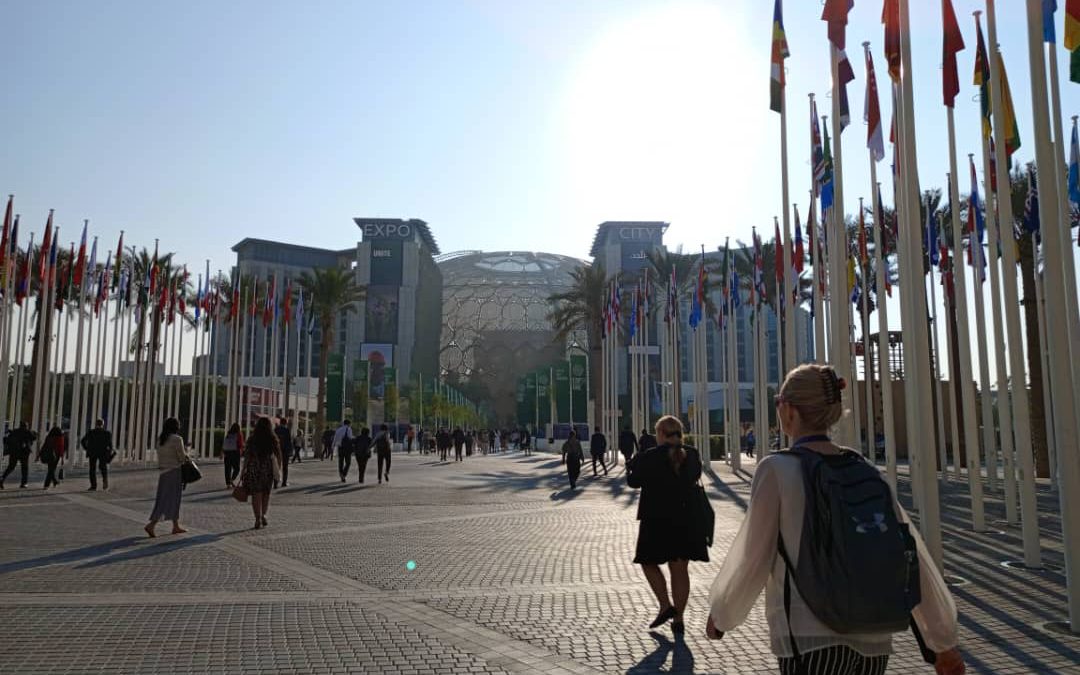
by FoE Africa | Dec 14, 2023 | Uncategorised
Wednesday 13 December 2023, Dubai (United Arab Emirates)
The COP28 outcome fails key tests on the fast, fair, funded and full phase-out of fossil fuels that the world needs now to avert climate catastrophe. As delegates applaud the “UAE Consensus” struck at the 28th UN climate summit, Friends of the Earth Africa and International is dismayed at the enormous loopholes which only serve to prolong the fossil fuel era.
“The COP28 deal has fallen short of delivering meaningful commitments on fossil fuel phaseout and urgently needed climate finance. The deal opens the door to dangerous distractions that will prevent a just and equitable energy transition– carbon capture utilisation and storage, hydrogen, nuclear, carbon removal technologies like geoengineering and schemes that commodify nature. And, there is nothing that would stop hundreds of millions of tonnes of offsets being considered as ‘abatement’,” explained Sara Shaw, FoEI.
The outcome is weak on equity as it does not properly differentiate between developed and developing countries’ role in the transition away from fossil fuels – despite their differing historical responsibility for emissions. It has a global renewable energy target, but no money to make it happen.
“The energy transition cannot be just, equitable, or fair if it isn’t funded. Developed countries who are responsible for historical emissions must not only take the lead in emission reductions but also provide the adequate climate finance that is needed in developing countries. The so-called just transition put on the table here won’t deliver the long-term transformation that is needed in my country Nigeria and across Africa” says Ubrei Joe Maimoni , CJE coordinator for Friends of the Earth Africa.
Sara Shaw deepening the discussion went on to say Developed countries may blame larger developing countries (such as India, China and the COP28 host) for the weakening of the fossil fuel text, but rich countries like the US, UK and EU are the biggest historical polluters, all with huge fossil fuel expansion plans. They have failed to provide adequate climate finance needed for emissions reductions, adaptation, and loss and damage in developing countries – at this summit, and for decades before. They must not posture as climate champions.
The Loss and Damage fund was made operational at the start of COP28, but huge questions remain about its accessibility, given it will be hosted by the World Bank. Pledges made in Dubai fall far below what is needed – just $700 million when, for example, the devastating 2022 Pakistan floods were estimated to have caused $30-40 billion damage.(1)
“As expected, we’ve seen the wealthiest countries shirking their dues at this COP. Without money and means of implementation, the places worst hit by climate change are left with only empty pockets and empty promises. We need trillions of dollars, we’ve been given peanuts, and even more debt to boot,” warned Bareesh Chowdhury, Bangladesh Environmental Lawyers’ Association (FoE Bangladesh).
Over 2400 fossil fuel lobbyists were present at the summit (2), which was characterised by a strong crackdown on peoples’ voices, both inside the UNFCCC and in the national context.(3)
“While COP28 rolled out the red carpet for polluters, activists faced censorship of our calls for just outcomes for people. Climate justice is impossible without respect of human rights, and we will not be silenced, for as long as bombs rain on Gaza and Palestine remains occupied, as long as corporations raze indigenous lands and those in power deem the people on the frontlines of the climate crisis as disposable,” stated Lise Masson, FoEI.
– ends –
Notes:
We are still waiting for an outcome on Article 6 of the Paris Agreement, on carbon markets, and may make further comment.
References:
(1) Figures from the Pakistan Climate Change Council. See article: Flood Losses Now Estimated at $40 Billion: Pakistan Officials https://www.bloomberg.com/news/articles/2022-10-19/flood-losses-now-estimated-at- 40-billion-pakistan-officals-say
(2) Figures from the Kick Big Polluters Out (KBPO) coalition. See press release: Record number of fossil fuel lobbyists at COP28 https://kickbigpollutersout.org/articles/release-record-number-fossil-fuel-lobbyists-atte nd-cop28
(3) While all eyes were on COP28, the host country cracked down on dissidents. See article: UAE holds mass trial as it steps up crackdown on dissent during COP28 https://www.ft.com/content/f9249386-fb39-4786-b43d-f27933475b87

by FoE Africa | Dec 5, 2023 | Uncategorised
For Immediate Release
Friends of the Earth Africa (FoEA), the regional body of the world’s largest grassroots environmental justice organization- Friends of the Earth International, (FoEI), will be meeting with the ECOWAS Parliament on December 7, 2023, to address a matter of utmost importance- the environmental impacts of industrial plantation expansion in West Africa.
Event Overview:
Date: December 7, 2023
Time: 3 pm to 5 pm
Venue: ECOWAS Parliament, International Conference Centre, Area 10, Garki, Abuja. Nigeria.
Subject: FoEA Delegation to Discuss the impacts of industrial plantation in West Africa with ECOWAS Parliament.
Delegation Members: The FoEA delegation includes FoE Africa member organizations, allies, impacted communities, and women from Ghana, Liberia, Nigeria, Sierra Leone, and Togo. These members bring critical insights into the environmental challenges faced by communities in West Africa due to deforestation and land grabbing for industrial plantation expansion.
Key Subjects of Discussion:
It addresses the significant deforestation caused by agro-commodities expansion and its consequences on local ecosystems as well as indigenous peoples and local communities.
Climate Change: Discussing the role of plantation expansion in contributing to climate change and exploring sustainable alternatives like community forest management and agroecology.
Biodiversity Loss: Highlighting the threat to biodiversity loss in West Africa and proposing measures to protect critical ecosystems.
Purpose of the Meeting: The FoEA delegation aims to engage with the relevant committees of the ECOWAS Parliament to:
Share findings on the environmental, social, and economic impacts of industrial plantation expansion in the region.
Discuss the role of ECOWAS member states in regulating and monitoring these expansions to ensure sustainable practices.
Explore potential policy frameworks and legislative measures that can address the negative consequences of industrial plantations.
Media Availability
FoEA representatives will be available for media interviews and questions following the meeting. A press conference is scheduled immediately after the session with the Parliamentarians to provide additional insights and responses to media inquiries.
Media Contacts:
Rita Uwaka, Forest and Biodiversity coordinator, Friends of the Earth Africa and Nigeria
riouwaka@gmail.com
(234) 08034553503
James Otto, Forest and Biodiversity steering group member, Friends of the Earth Africa
jotto@sdiliberia.org
Babawale Obayanju
Communication coordinator
Friends of the Earth Africa
owaleseun@gmail.com
Note to Editors :
Friends of the Earth Africa is a key advocate for social, environmental, and gender justice, representing 9 African member countries striving for a sustainable balance between economic development and environmental responsibility. We look forward to your participation and coverage of this significant event.
Friends of the Earth Africa is a regional chapter of Friends of the Earth International operating in n 74 countries around the world.

